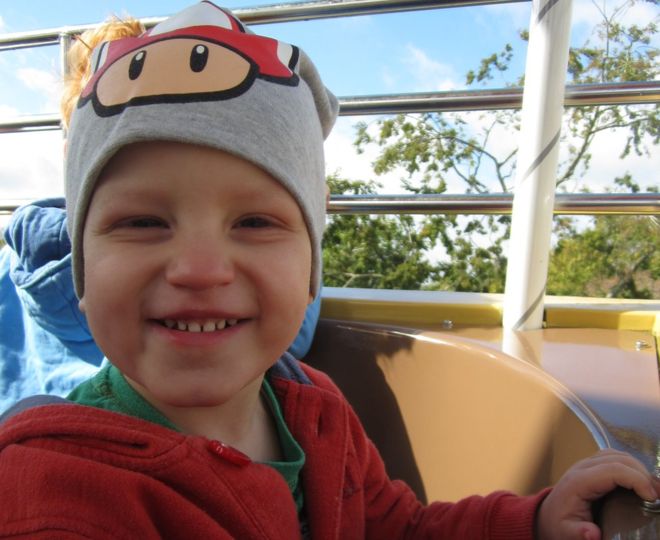SOME of Australia’s sickest children will soon get access to potentially life-saving treatments through a new personalised medicine clinical trial, part of an ambitious plan to reduce the childhood cancer death rate to zero.
Over the next three years, more than 400 children with aggressive cancers will be enrolled in the national trial, giving them access to new and tailored medical treatments.
Led by the Kids Cancer Centre at Sydney Children’s Hospital, Randwick and Children’s Cancer Institute, the trial — launched today — will begin in Sydney with other cities set to join over the coming months.
For many of the children it is their last resort, says research lead Professor Michelle Haber, Executive Director of Children’s Cancer Institute.
“This is a program for the kids who have little chance of surviving their cancer, Prof Haber said.
The trial builds on a successful NSW pilot study of nearly 60 children that began in late 2015 for children whose chance of survival on standard treatments was less than 30 per cent.
One of the children to be involved in the trial is 12-year-old Gabe from Avoca Beach on the NSW Central Coast.
Gabe was diagnosed with an atypical teratoid rhabdoid tumour, a rare and aggressive brain tumour.
In 2016, the avid surfer underwent an operation where the surgeon was able to remove half of his tumour. However, he had a small stroke during the operation, which left him paralysed in the left side of his body.
–– ADVERTISEMENT ––
![]()

Rachel Hilditch and her son Gabe Smith, 13, who has cancer will be a part of the Clinical Trial. Picture: John AppleyardSource:News Corp Australia
He is one of the more than 950 children and adolescents diagnosed with cancer each year.
While many now survive, every week an estimated three children and adolescents die from the disease.
That’s too many, says Professor Haber.
“Nearly 60 years ago every child that was diagnosed with cancer died, now the overall survival rate is about 80 per cent. So that’s extraordinary, we’ve gone from zero to 80 per cent survival in the space of two generations and that’s through medical research,” she said.
“We have to find a way of getting from where we are at 80 to 100 per cent survival, so that means from going from three children dying every week, to two, to one, to ultimately zero,” said Prof Haber.

Federal Health Minister Greg Hunt and Music Therapist Matt Ralph with Sherie Polzin and her daughter Ava Polzin, who has a rare form of cancer and will be part of the Clinical trial. Picture: John AppleyardSource:News Corp Australia
Professor Haber believes personalised medicine “has the capacity” to cure every child diagnosed with cancer.
“There is tremendous excitement and interest in this program because it is now providing hope to families and kids who otherwise had no hope who are faced with, effectively, a death sentence and this is now applying science to give them treatment options that were otherwise not available before,” Prof Haber said.
Associate Professor Tracey O’Brien, Director of the Kids Cancer Centre at Sydney Children’s Hospital, believe the Zero Childhood Cancer clinical trial will be a “game-changer”.
“As we gather more information, we will improve our capacity to identify the most effective treatment for each child’s cancer,” she said.
Source:-news.

